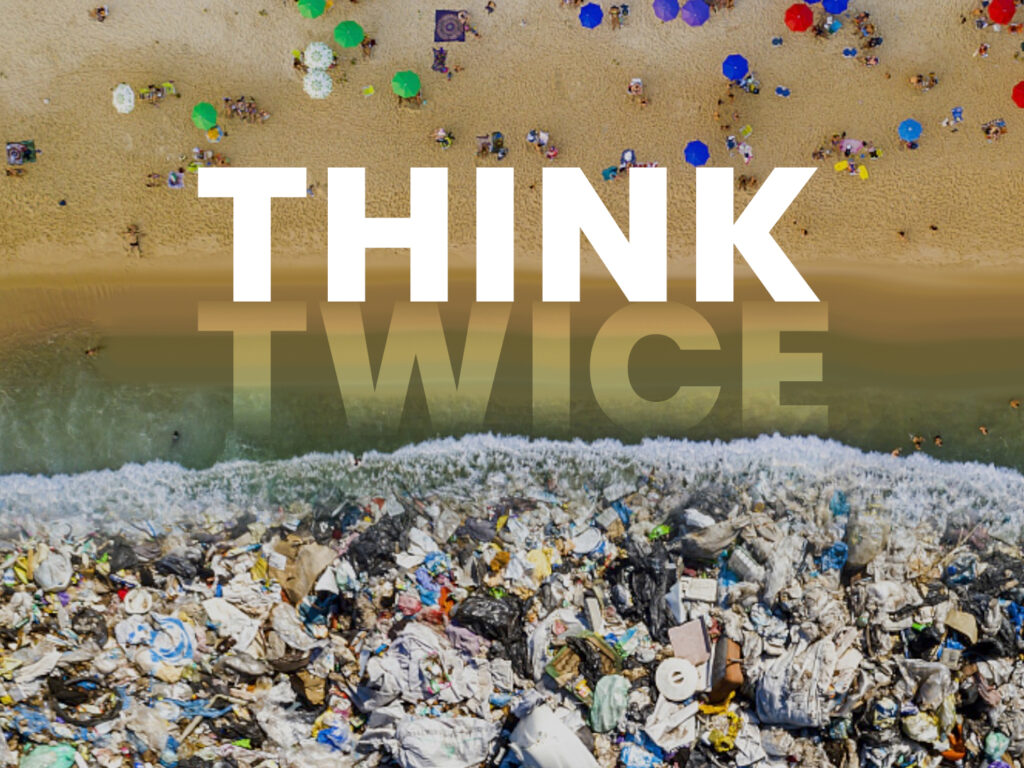Businesses in today’s cost-sensitive and environmentally conscious world are looking to cut expenses and reduce their plastic waste while still producing and using proper, environmentally-friendly packaging. Is it possible that you’re one of them? If that’s the case, consider these recommendations for keeping both sides of the equation up to date without jeopardizing your budget.
Large amounts of plastic are commonly used in the packaging business to store and transport goods around the world safely. Unfortunately, the packaging industry’s plastic waste can lead to increased energy consumption, pollution, and other environmental challenges. While plastic pollution is a severe environmental problem, it’s crucial to remember that plastic becomes a problem only when not correctly disposed of.
While the packaging industry efficiently reduces plastic waste, it contributes very little to those annual estimates.
In this article, you will learn about five different ways which will help you in reducing plastic waste resulting in cost-effectiveness:
1.Banning Single-Use Plastics:
Simply put, Single-use plastics are commodities created chiefly from fossil fuel-based chemicals (petrochemicals) and intended to be discarded immediately after use—often within minutes. Single-use plastics in packaging include bottles, wrappers, straws, and bags, to name a few.
Any juice straw, any plastic bag, and any candy wrapper: all these plastics appear innocuous when seen individually. These contemporary comforts are so every day—and so swiftly discarded—that we don’t even notice them. On the other hand, single-use plastics come with a high environmental cost, which we’ll be paying for decades. Our obsession with plastic is wreaking havoc on our seas, animals, and health. Therefore it is imperative to ban single-use plastics.
2.Reusing Plastic Packaging:
Plastic bags are not only 100% recyclable, but they are also reusable! Recycling is a waste-management method, but it may also be considered one present example of applying the notion of industrial ecology, where there are no wastes but only products in a natural ecosystem. Plastic recycling is one way to reduce environmental impact, plastic waste, and resource depletion.
3.Repurposing plastic packaging:
Businesses may reduce the amount of bags and wrap they use by reusing or recycling them. Industrial shrink wrap, which is used in packaging, can be recycled and is in great demand as a raw material by manufacturers.
4. Single-use plastic substitution:
Other materials may very well substitute plastic in several single-use packaging applications. Expanded polystyrene, for example, may be replaced with mushroom packaging, which has essentially little recycling value.
However, this does not imply that any other substance is better than plastic. If some alternatives were utilized as a single-use packaging item, together with the efficacy of collection and recycling, it might result in a more significant environmental impact.
5.Reusing and Reselling recycled plastics:
If you are a business in the plastic packaging industry, you must know how much waste is produced in plastic packaging. Instead of spending millions on manufacturing a new lot of plastic-related products, make sure to re-use and resell the recycled products. This reduces waste packaging and allows you to be cost-effective on the other hand.
Make use of creativity when it comes to packing. Many beverage firms have investigated inventive packaging techniques to limit the number of rings entering the environment after plastic can rings achieved international prominence for their ability to entrap ocean life.
Conclusion:
One of the most prevalent types of protective packaging used in the packaging business is plastic packaging. Unfortunately, the same features that make plastic so helpful also cause plastic trash to become an environmental issue.
Plastic packaging is highly durable and is resistant to degradation. While this makes plastic a fantastic material for preserving things, it also makes it extremely difficult to dispose of plastic garbage. Plastic garbage disposed of in landfills can take hundreds, if not thousands, of years to decompose. The more plastic waste created, the less room there will be in the future to dispose of it.
Therefore, businesses must reduce plastic waste in packaging by recycling, repurposing, and reusing plastic goods. The influence of industrial packaging on the environment has never been more critical. Today, taking measures to limit your plastic trash can help future generations live in a more sustainable society.

